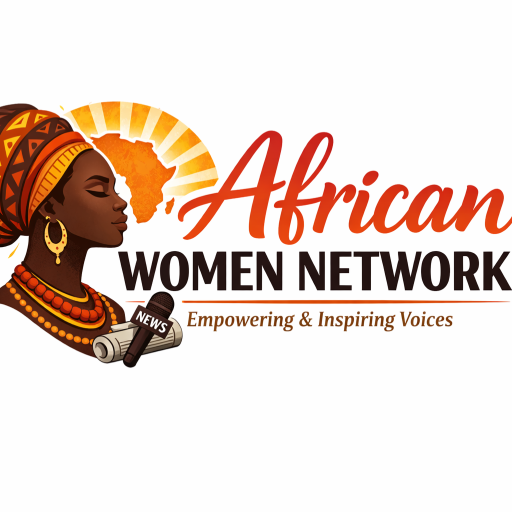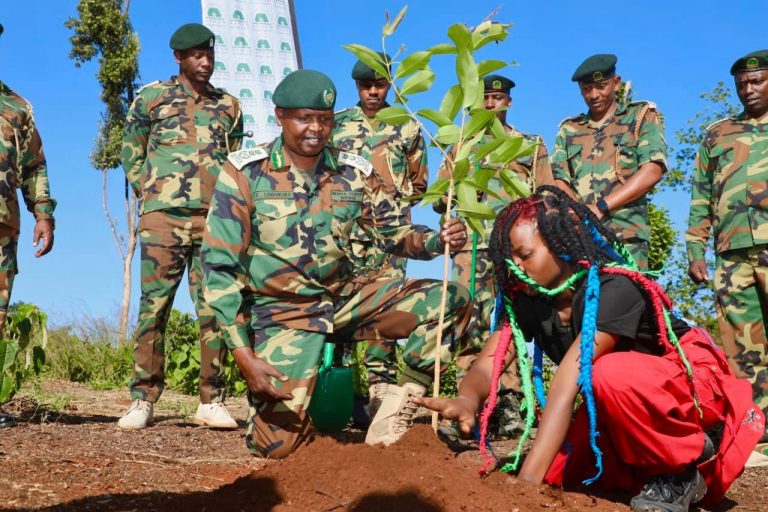
Rural Ethiopia is undergoing a quiet but powerful transformation, as clean energy access improves health, boosts incomes, and empowers families especially women.
Supported by the World Bank’s Carbon Initiative for Development (Ci-Dev), biogas digesters and solar power systems are rapidly replacing firewood and kerosene, offering safer, more sustainable alternatives.
For decades, families across Ethiopia relied on traditional fuels such as firewood and kerosene—both expensive and hazardous. In rural communities, the burden fell heavily on women like Abeba Chere, a mother of four who used to spend hours gathering wood and hundreds of birr each month buying it.
“There are many problems caused by firewood,” she said. “The smoke is not good for the eyes, and the wood was expensive. A stack wasn’t even enough for a week.”
Abeba is one of thousands now benefiting from biogas digesters, which convert cow dung and organic waste into clean cooking gas. Installed outside homes, these dome-shaped systems eliminate smoke, reduce fuel costs, and produce a nutrient-rich slurry used as organic fertilizer.
“For mothers who take care of families, installing and using biogas is a great opportunity,” she added.
Improving Health and Agriculture
The benefits go beyond the kitchen. Farmers like Bohare Gobena have seen their agricultural yields increase thanks to the use of the biogas slurry, which replaces costly synthetic fertilizers. With the savings, he has bought a new cow and started building a better home.
“I used to buy fertilizer four times,” he said. “Now I haven’t needed to buy it even once.”
He also shares the slurry with neighbors, helping them improve their crops and reduce expenses.
Lighting the Night with Solar Power
In another part of Ethiopia, Tafera and his family used to rely on kerosene lamps, which were not only polluting but also difficult to obtain. “The smoke from the kerosene lamp was harmful to our eyes and health,” he recalled.
Today, solar panels light their home, allowing Tafera’s son to study at night and his family to save money. His wife even earns income by charging neighbors’ mobile phones.
“Now we don’t pay anything,” Tafera said. “We’re spending the money on useful things. Before, it was money spent in vain just for light.”
Through the World Bank-supported Electricity Network Reinforcement and Expansion Project (ENREP), and microfinance backed by the Development Bank of Ethiopia, solar systems are becoming affordable for even the poorest households.
Carbon Credits Fuel Expansion
Ethiopia’s shift to renewable energy has also unlocked new revenue streams. Between 2016 and 2020, the country earned $3.46 million through carbon credits, thanks to verified reductions in greenhouse gas emissions. The funds are reinvested to subsidize energy technologies and maintain systems.
Under the Standardized Crediting Framework (SCF), these credits are expected to deliver even more climate finance in the years ahead.
A Cleaner, More Equitable Future
The clean energy rollout is already transforming thousands of lives, providing financial stability, improving health, and advancing gender equality.
“I plan to use it for irrigation in my backyard,” said Ayele Ayano, another solar system user. “This way, my mom will also rest from carrying water.”
As Ethiopia continues to scale up access to clean energy, families across the country are moving toward a future where light, safety, and opportunity are no longer out of reach.







